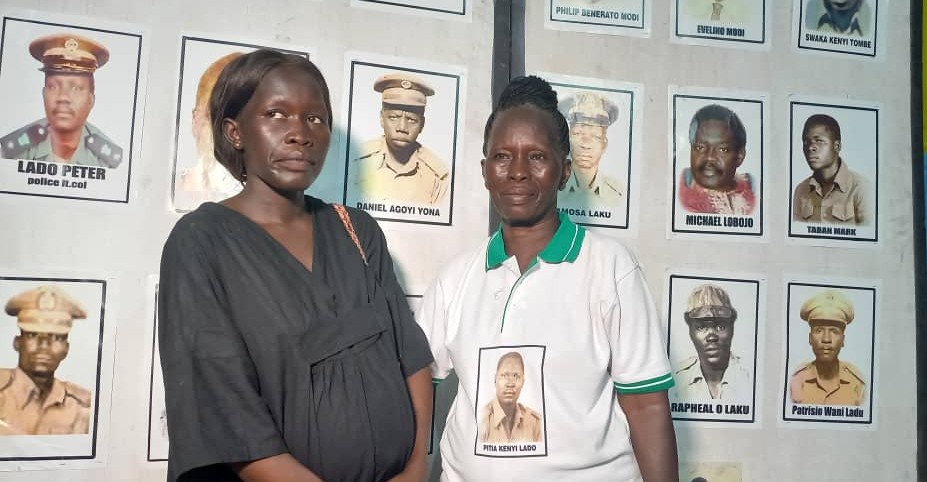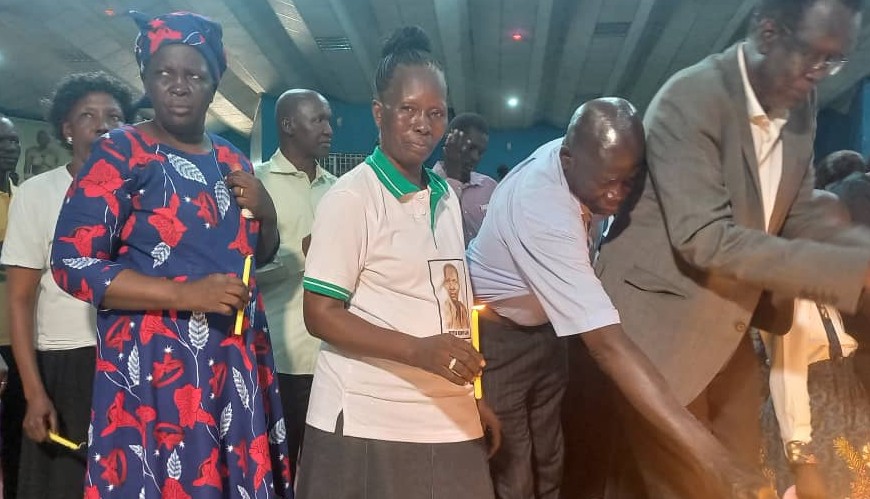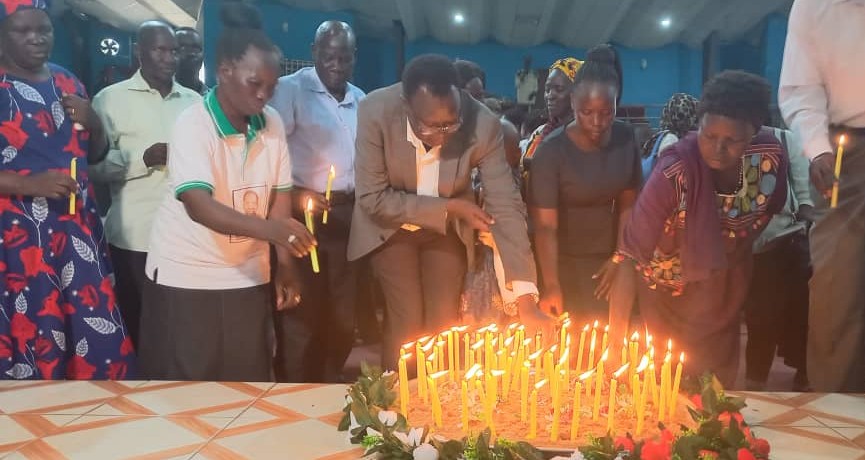
More than three decades after the 1992 Juba Massacre, survivors and relatives of the victims continue to seek justice, recognition, and healing.
They gathered in Juba on July 7th to commemorate the lives lost during one of the darkest chapters in South Sudan’s history.
Under the theme “Documenting Memories, Demanding Recognition, Honoring Sacrifices for Sovereignty,” families continue to demand justice, accountability, and national recognition for their loved ones’ sacrifices to ensure they did not die in vain.
“We have forgiven these people, but we will never forget,” said Hafsa Dehiya, a widow and member of the 1992 Juba Massacre Widows and Orphans Association. “Our children still carry the trauma.”
In 1992, during the height of the second civil war in the Sudan, the Sudan People’s Liberation Army (SPLA) under Dr. John Garang launched Operation Jungle Storm, a major offensive to seize Juba from the Sudanese Arab government.
In retaliation, the Sudan Armed Forces carried out sweeping arrests, executions, and disappearances targeting suspected SPLA sympathizers, many of whom were civilians.

Among the victims were students, security personnel, media professionals, academics, and ordinary workers. Many were abducted from homes or workplaces and vanished without a trace.
“Some were arrested at work, others taken from their homes. Some families never received any information at all,” recalled Hafsa, who was forced to flee to Khartoum by her husband before he was taken.
The brutality of the massacre left families fractured and fearful. Hafsa recounted how her relatives distanced themselves out of fear of being targeted.
“Some of the friends who lost their husbands or even loved ones became alcoholic, some died due to depression. Some people urged me to restrain because I would leave my children behind,” she recalled.
For years, survivors remained silent, too terrified to speak. But that began to change in 2007, when a small group of widows and orphans came together to form a support network.
“There was no news about these people; families never talked about them. Nobody would visit or even associate with us because they were too afraid,” said Fadaciya Charles Ladu.
The 1992 Juba Massacre Widows and Orphans Association was born from a desire to document their stories and find healing.
Fadaciya Charles Ladu, the group’s chairperson, said the association has become a space of remembrance and mutual support.
“When these women heard, the agreement was going to succeed, they started to gather themselves, establish a list and gathering though in fear,” she said.
The association currently has 35 active members and has documented over 290 missing persons, though they estimate the actual number of victims exceeds 700.
Over the years, churches, mosques, and organisations like PAX have offered psychosocial support, helping survivors process the trauma and rebuild their lives.
“Some of us were suffering out of stigma, fear you could not talk, but with the association, it became light to us and we would talk about our situation and associate,” she said.
Hafsa urged the government to recognise the sacrifice of the victims and support families of the victims as well as call for justice from the Sudan government.
Gordon Lam, Executive Director of the Dialogue and Research Institute and a former SPLA fighter during Operation Jungle Storm, called on the government to formally acknowledge the massacre and compensate affected families.
“These people played a role in our struggle which we know. The Sudan government must be held accountable and these families must be support,” he urged citing the role they played in intelligence, sacrifice, and blood. “They deserve to be recognized as martyrs,” he urged.

Despite the signing of the Comprehensive Peace Agreement (CPA) and the independence of South Sudan in 2011, no formal recognition or reparations have been provided to families of the victims.
On July 7th, members of the association gathered to commemorate the massacre and renew their calls for justice. The event served as a reminder of unresolved history, but also of the strength and resilience of those left behind.
“We just wish if the government and consider them and recognise the sacrifices of these people, these people did not die for nothing,” said Hafsa.
As the country reflects on its past and struggles to heal, these families hope their voices will finally be heard and that justice, however delayed, will be delivered.

